Robert Kiyosaki Book Recommendations
Robert Kiyosaki is a highly acclaimed American author and entrepreneur, best known for his groundbreaking personal finance book 'Rich Dad Poor Dad.' Born in Hawaii in 1947, Kiyosaki served in the Marine Corps before delving into the world of business and investments. Through his book series, he shares valuable insights on building wealth and achieving financial independence. Kiyosaki's ability to simplify complex financial concepts has made him a sought-after speaker and educator. His commitment to empowering individuals to take control of their financial future has garnered him a massive following worldwide. Robert Kiyosaki continues to inspire readers with his practical advice and strategic thinking.
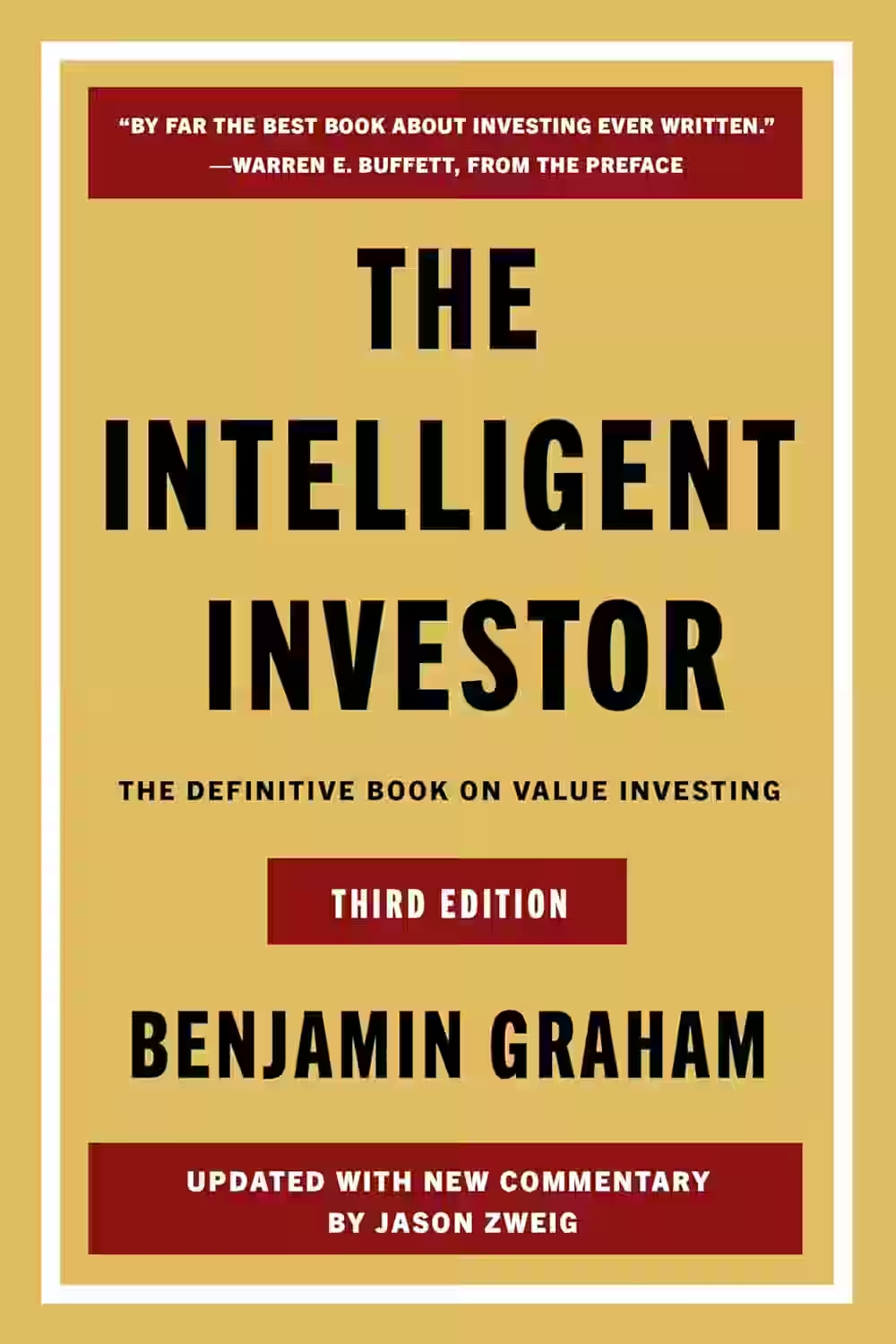
First published in 1949, The Intelligent Investor by Benjamin Graham is a foundational text on value investing and long-term financial strategy. Graham, known as the father of value investing, teaches readers how to analyze stocks with a focus on intrinsic value, margin of safety, and disciplined decision-making. The book distinguishes between “investing” and “speculating,” urging caution, patience, and rational thinking. With commentary by Jason Zweig in modern editions, the book remains a timeless guide for both novice and experienced investors. Its core message—that emotional control and sound principles are key to investment success—has influenced generations, including Warren Buffett.
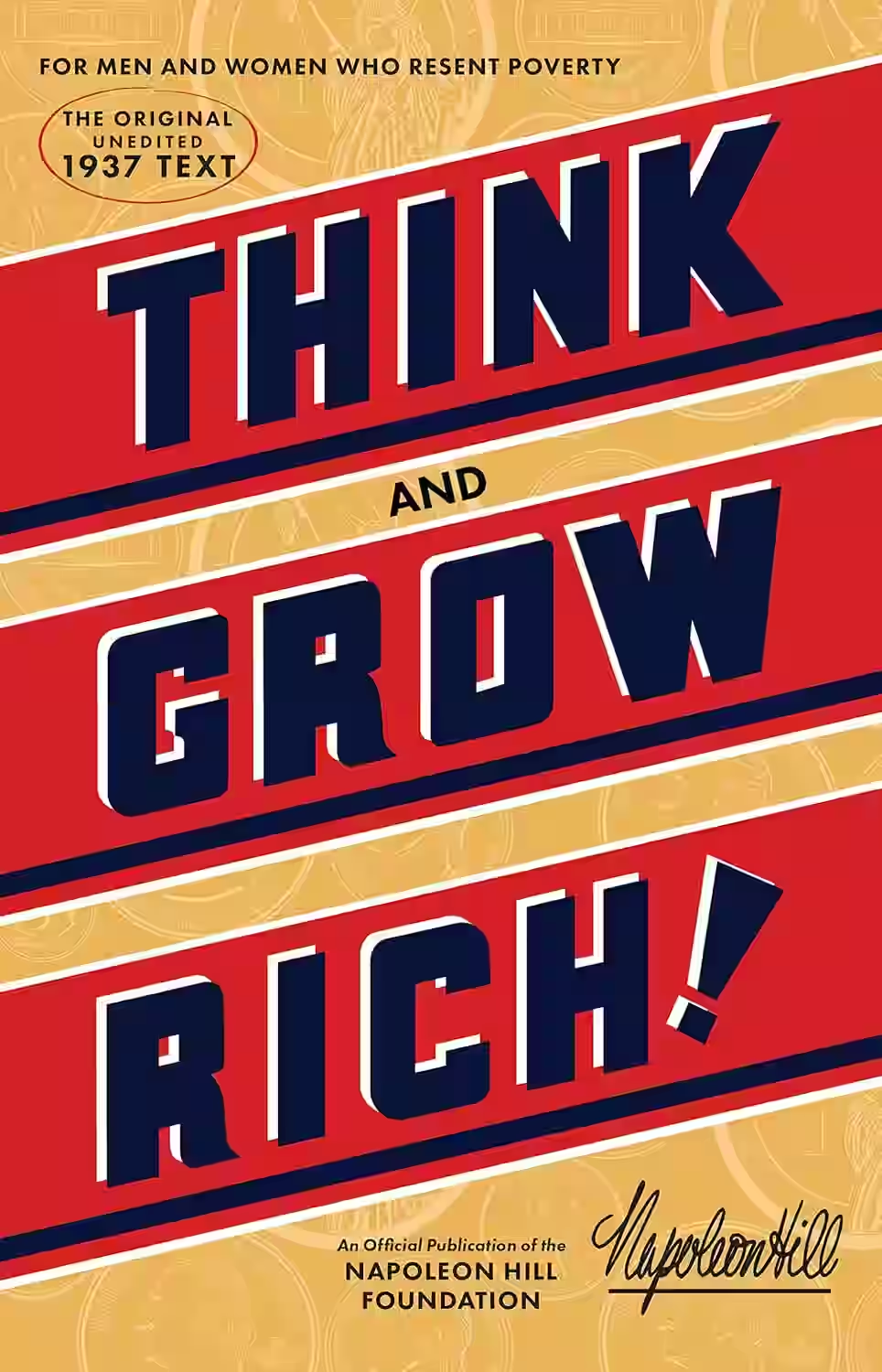
In Napoleon Hill's seminal work 'Think and Grow Rich,' readers are taken on a transformative journey through the power of the mind and positive thinking. Hill dives deep into the principles of success, breaking down key concepts like desire, faith, organized planning, and persistence. Through compelling anecdotes and practical advice, Hill challenges readers to shift their mindset and harness the unlimited potential within them to achieve their goals. This timeless classic emphasizes the importance of perseverance, goal-setting, and cultivating a success-oriented mindset. 'Think and Grow Rich' continues to inspire countless individuals to unlock their full potential and strive towards personal and financial success.
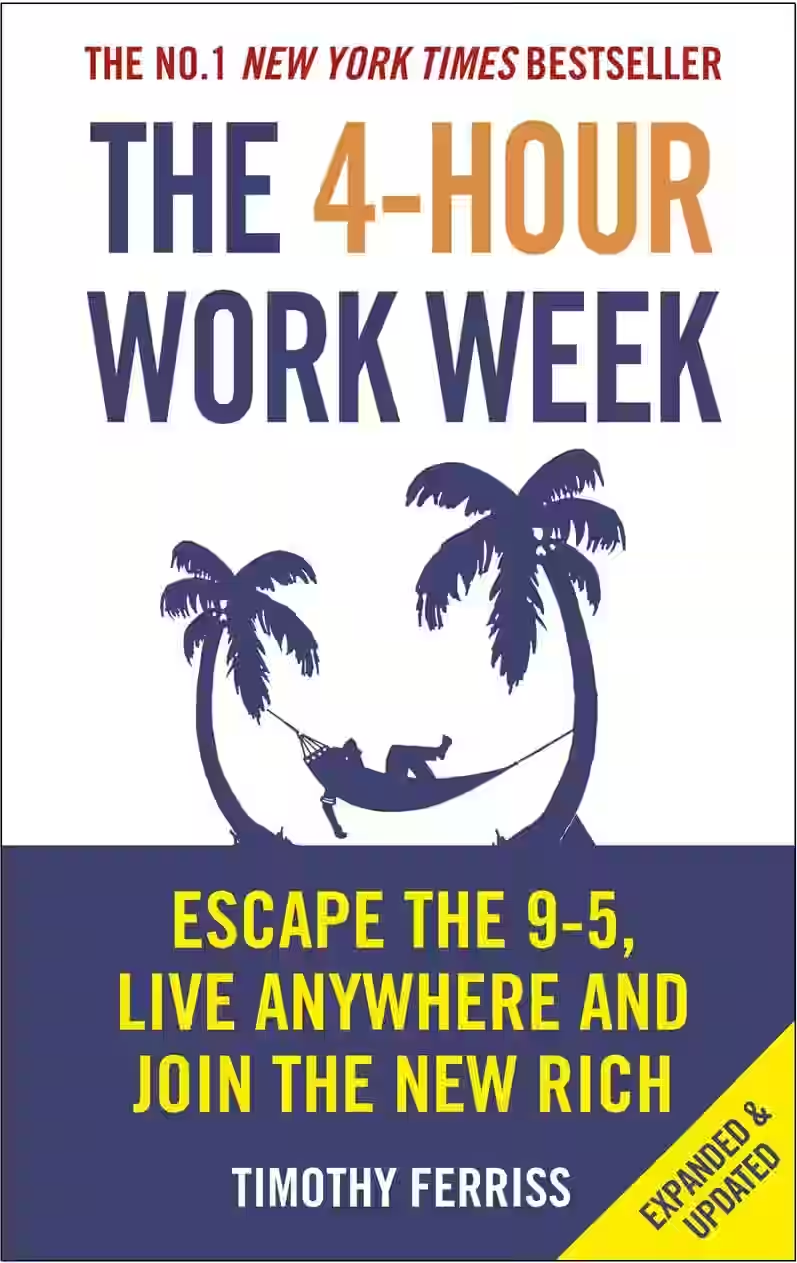
In Timothy Ferriss' 'The 4-Hour Work Week,' readers are introduced to a groundbreaking perspective on achieving financial freedom and reclaiming one's time. Ferriss challenges the traditional notions of work and productivity, emphasizing the importance of efficiency and outsourcing. Through real-world examples and actionable strategies, he guides readers on how to streamline their work, create automated income streams, and design a life of their choosing. This book not only offers practical tips on remote work and lifestyle design but also prompts readers to question societal norms around work and success. 'The 4-Hour Work Week' is a transformative read that inspires readers to redefine their approach to work and life.
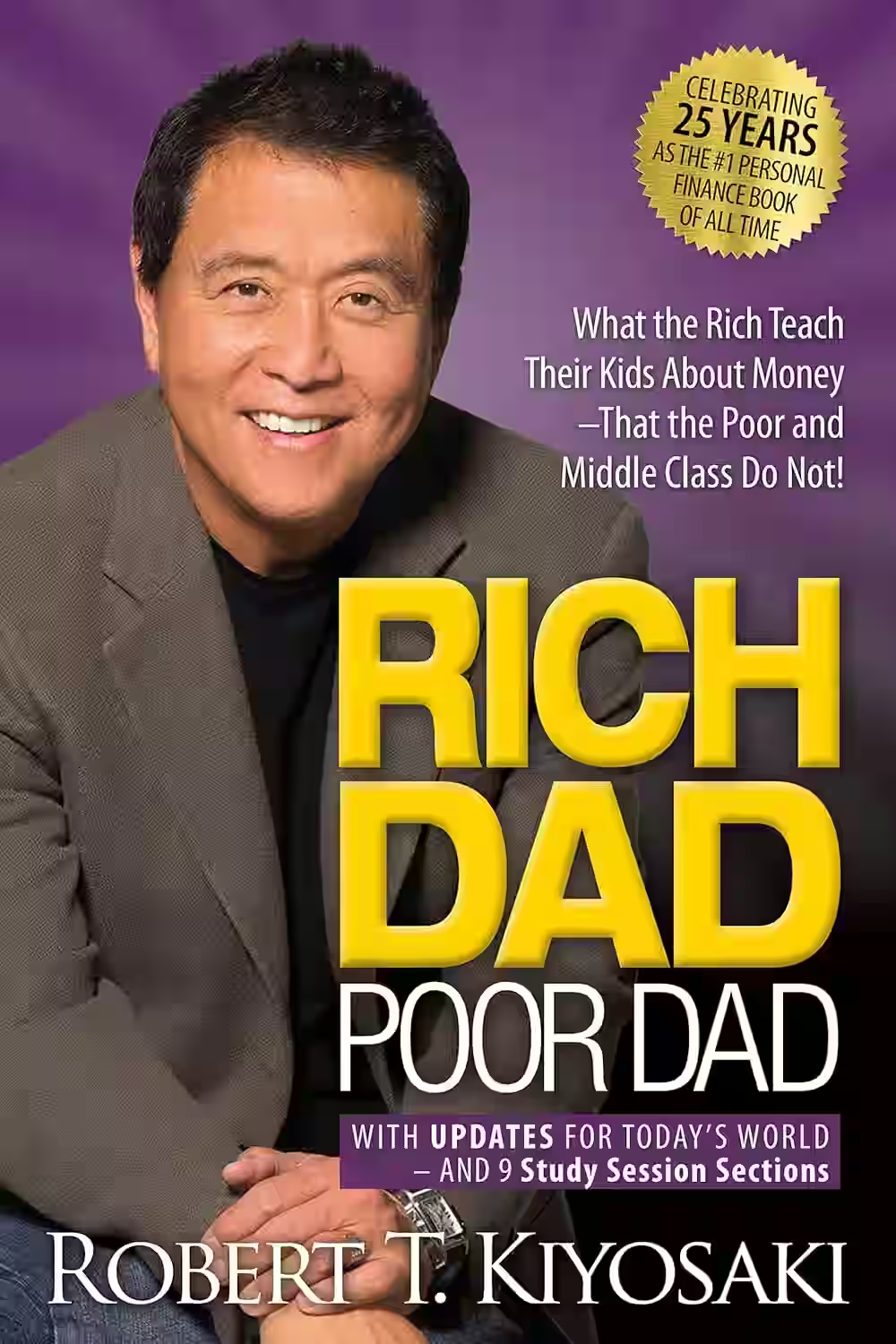
In 'Rich Dad Poor Dad' by Robert T. Kiyosaki, readers are taken on a transformative journey exploring the stark financial lessons Kiyosaki learned from his two dads - his biological father (Poor Dad) and the father of his best friend (Rich Dad). This personal finance classic delves into the contrasting money philosophies that shaped Kiyosaki's mindset, encouraging readers to rethink their approach to wealth and assets. Through engaging anecdotes and practical advice, the book emphasizes the importance of financial education, investment, and building passive income streams. 'Rich Dad Poor Dad' challenges conventional beliefs about money and has inspired countless readers to take control of their financial futures.
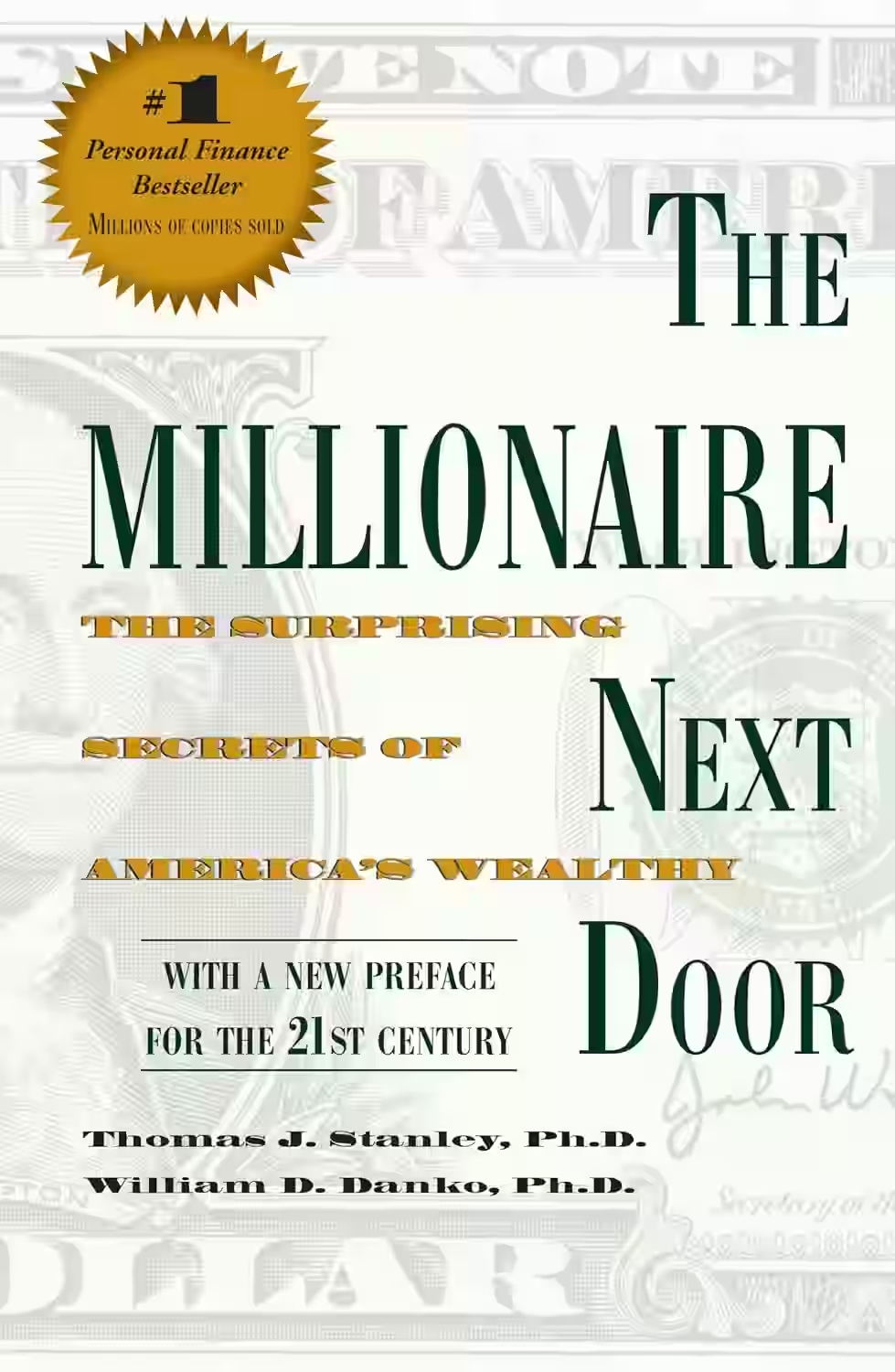
In 'The Millionaire Next Door' by Thomas J. Stanley, the author challenges common perceptions about wealth and millionaires by delving into the habits and lifestyles of everyday affluent individuals. Through years of research, Stanley uncovers that many millionaires live modestly, save diligently, and prioritize financial independence over flashy displays of wealth. The book offers valuable insights on how frugality, discipline, and smart financial decisions can lead to long-term prosperity, regardless of income level. It emphasizes the importance of conscious spending, investing wisely, and building wealth steadily over time. 'The Millionaire Next Door' is a thought-provoking read that sheds light on the true essence of financial success.
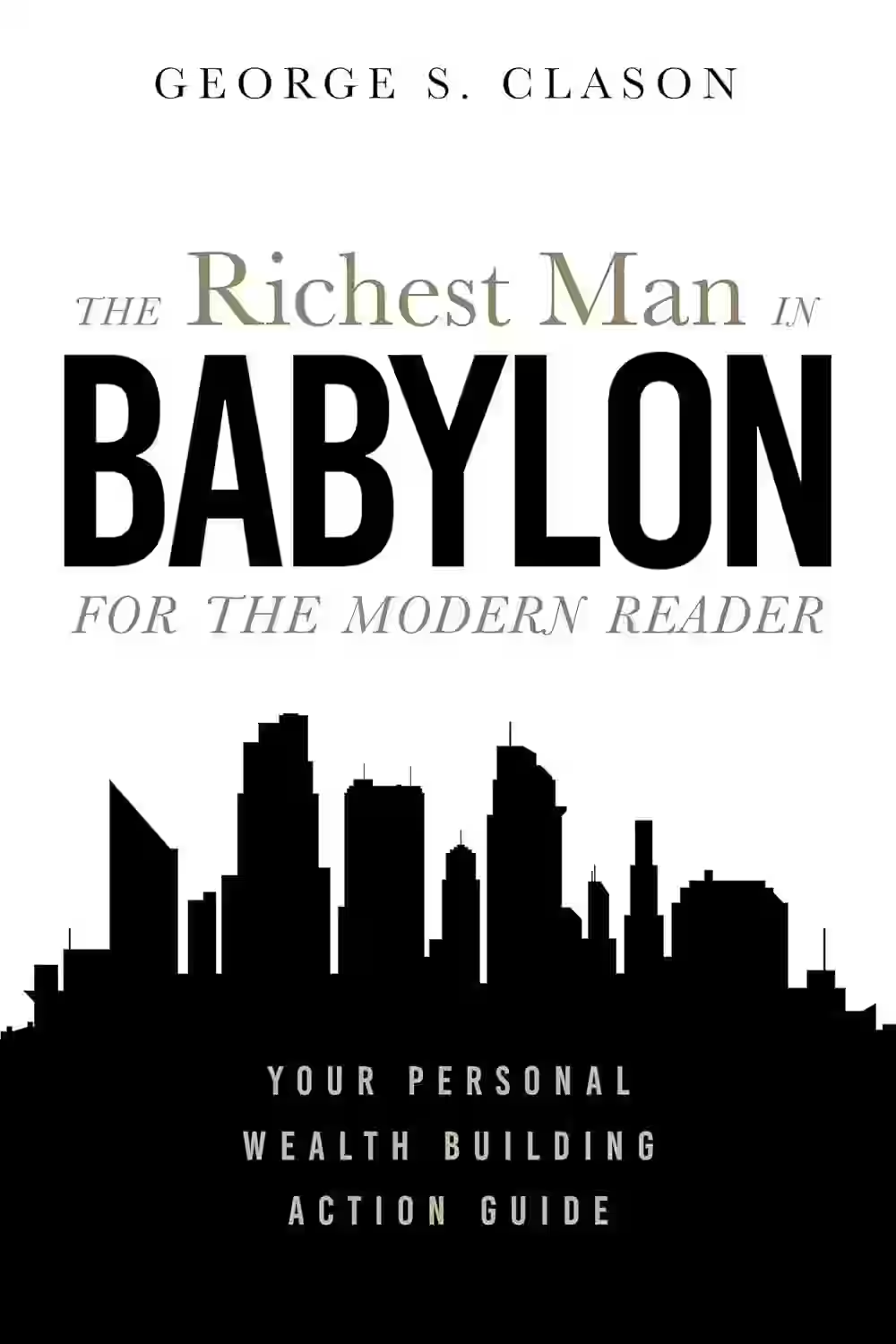
In 'The Richest Man in Babylon' by George S. Clason, readers are transported to ancient Babylon, where they learn timeless lessons on personal finance and wealth building. Through a series of parables and stories, the book imparts essential financial principles such as saving a portion of income, investing wisely, and avoiding debt. The narrative follows the journey of Arkad, the titular richest man, as he shares his wisdom with fellow Babylonians seeking to improve their financial situations. Clason's straightforward yet compelling storytelling makes complex financial concepts accessible to readers of all backgrounds, leaving a lasting impact on their approach to money management.
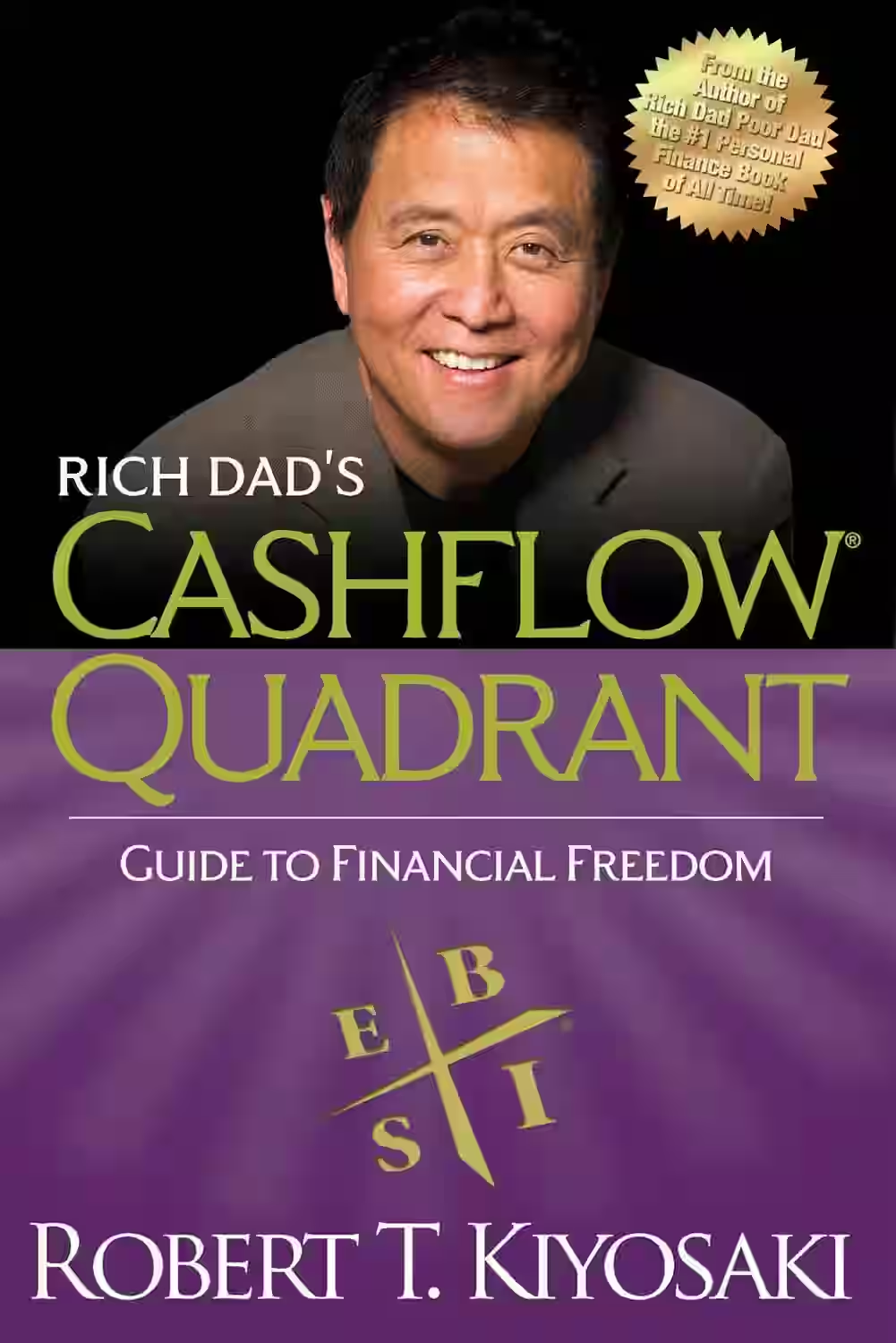
In 'Cashflow Quadrant', Robert T. Kiyosaki delves into the world of financial independence through the lens of four quadrants - Employee, Self-Employed, Business Owner, and Investor. Through insightful anecdotes and practical advice, Kiyosaki emphasizes the importance of moving from the left side of the quadrant (Employee and Self-Employed) to the right side (Business Owner and Investor) to achieve true wealth and financial freedom. He highlights the mindset shifts and financial strategies needed to transition between quadrants, encouraging readers to rethink their approach to money and work. This book serves as a roadmap for those seeking to break free from traditional employment and create sustainable wealth.